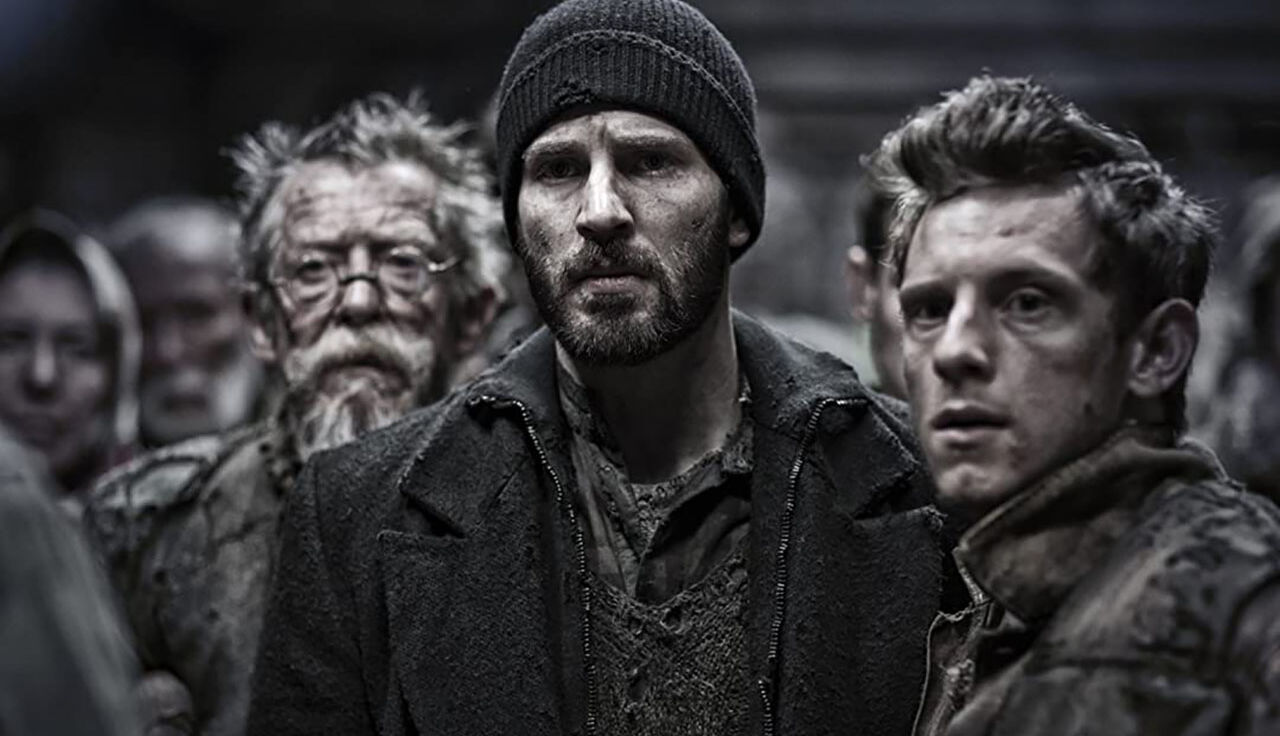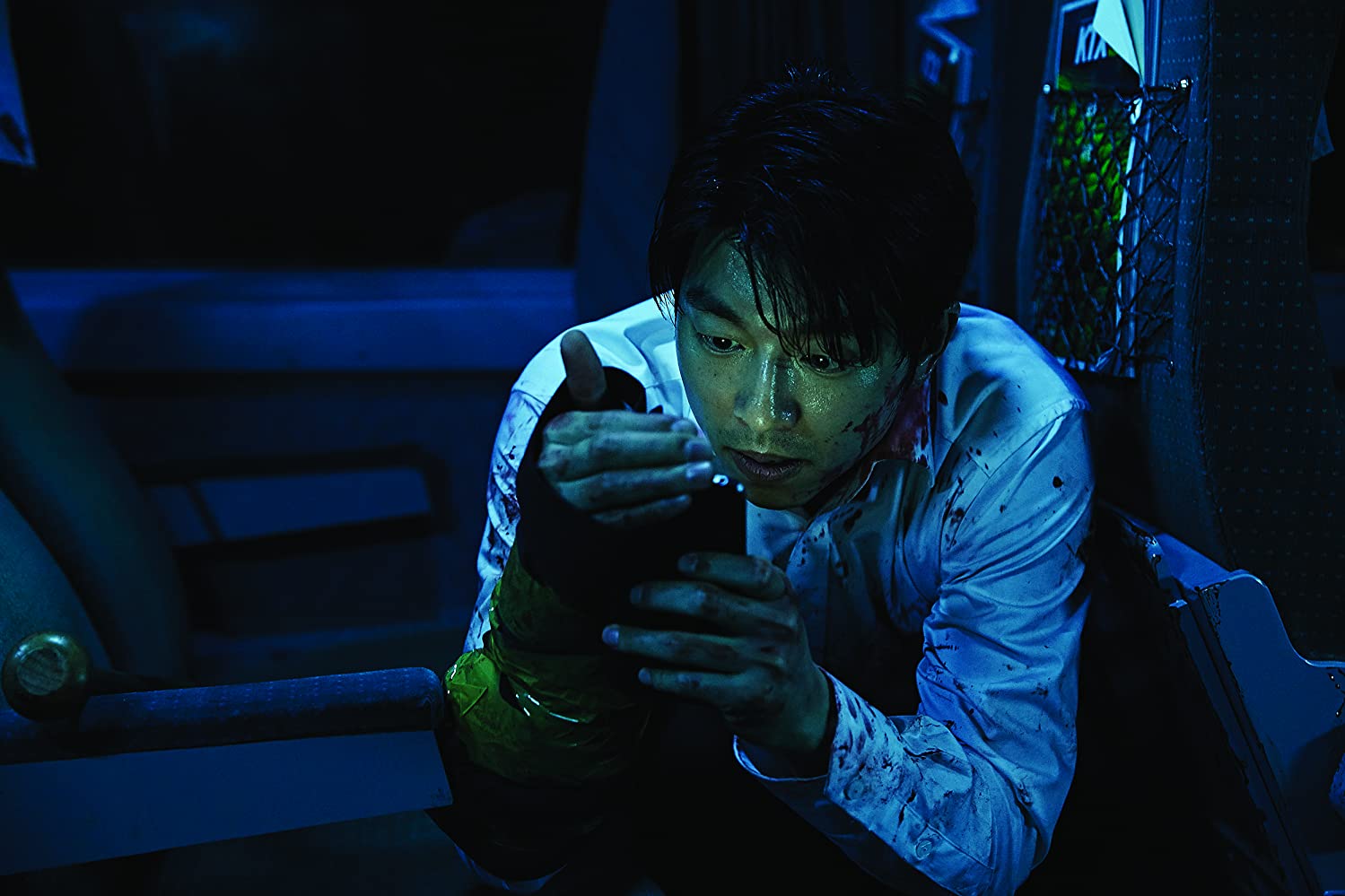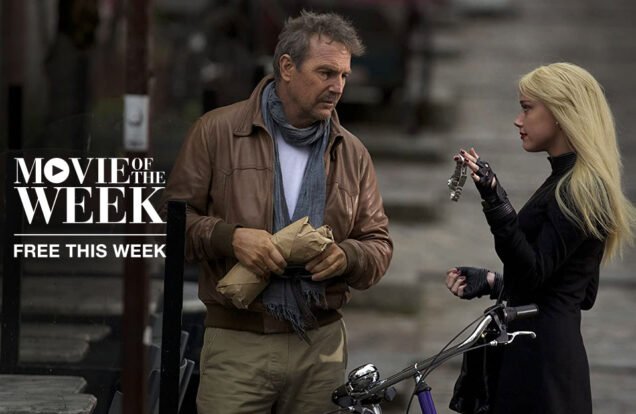DOUBLE FEATURE 06.26.20
Off The Rails: Train To Busan + Snowpiercer


This week’s double feature centers around strangers on a train thrown into the fight of their lives. Coincidentally, both films come to us from rising South Korean directors.
Snowpiercer (2013) is the breakthrough film from Parasite director Bong Joon-ho. Set in the distant future, when our planet is inhabitable and the last of humanity is confined to a train making a yearly rotation around the Earth, Joon-ho’s English-language debut travels at 50 km per hour and doesn’t let up until the credits roll.
The premise: after a decade or so of unrest in a steel vessel divided by (and representative of) socioeconomic status, the have-nots result against the elite occupants of Snowpiercer. Led by Chris Evans, the plucky rebels make their way through the progressively more extravagant train cars. The poorest travelers on Snowpiercer are apportioned the same meager meal daily while the richest live like the world never even ended.
It’s an apt, if a bit on-the-nose metaphor for our capitalist society. Bong Joon-ho, a noted socialist, told GQ last year that “we live in the era of capitalism. I think we all have a very sensitive antennae to class, in general.” Though Snowpiercer was criticized upon release for its heavy-handed portrayal of class warfare, it’s hard to argue that that aspect of the film has aged poorly in the past seven years—if anything, this film is now more relevant than ever.
Just as relevant is Train to Busan (2016), a film by Yeon Sang-ho, which reignited the conversation around zombie media not long after the genre’s renaissance died down. In this film, a divorced father must shepherd his daughter safely on a train that has been overrun by zombies.
It’s an inversion of the Snowpiercer plot; while our heroes are the agitators in that film, nobly fighting their way to the front of a train and dismantling their new society’s old class structure as they go, Train to Busan is a survival story where innocents are forced to protect themselves from an impossible threat after their government abandons them.
Although this film premiered four years before the coronavirus outbreak, it ought to be required viewing in the wake of governments all but abandoning their pandemic response plans in favor of, at best, earning political points; at worst, deciding that intervention is futile and it’s best to let a situation play itself out. It’s that general sense of hopelessness in authority figures that makes Train to Busan stand out—while the “humans are the real monsters” trope has grown stale in zombie media, “those who we trusted to protect us are the real monsters” is evergreen.
Both of these films are now available on Netflix, and there’s no time like the present to give them a watch. You just might find that their messages, if a tad overwrought, are devastatingly applicable to the situation we find ourselves in now.


